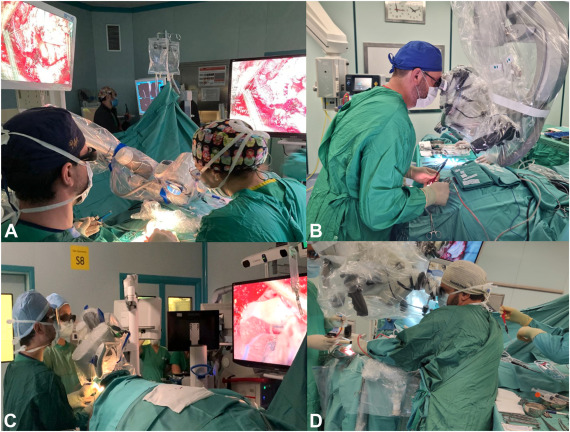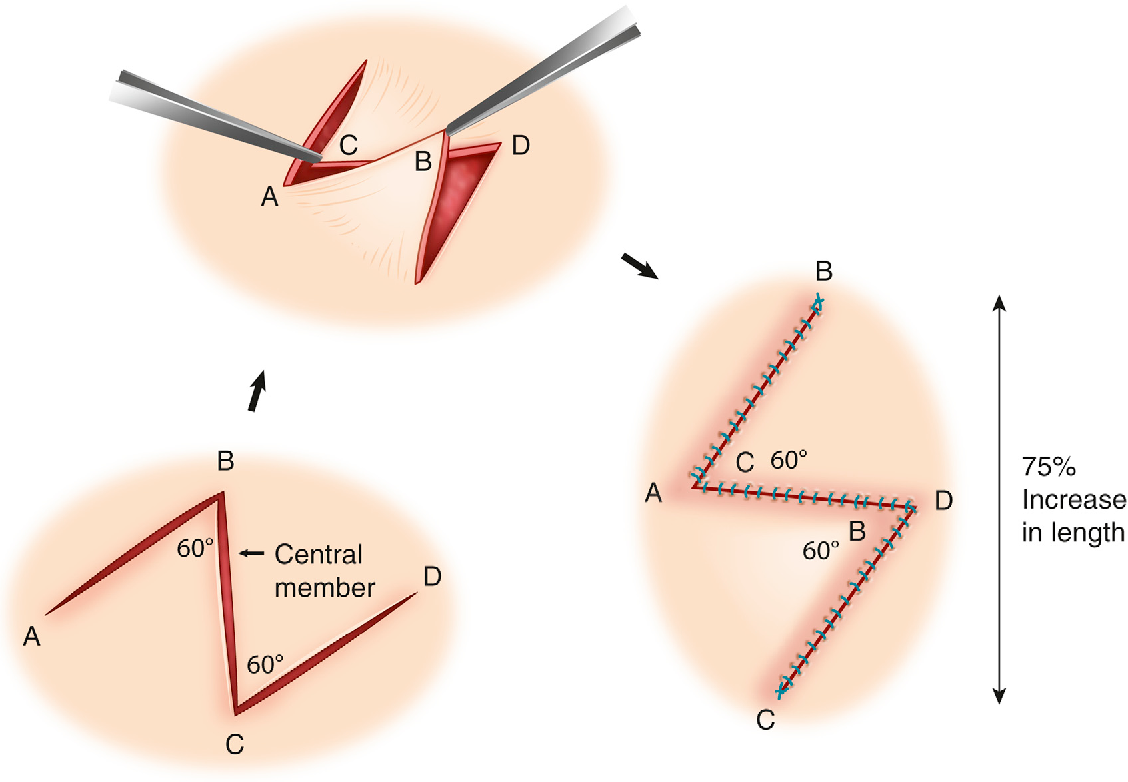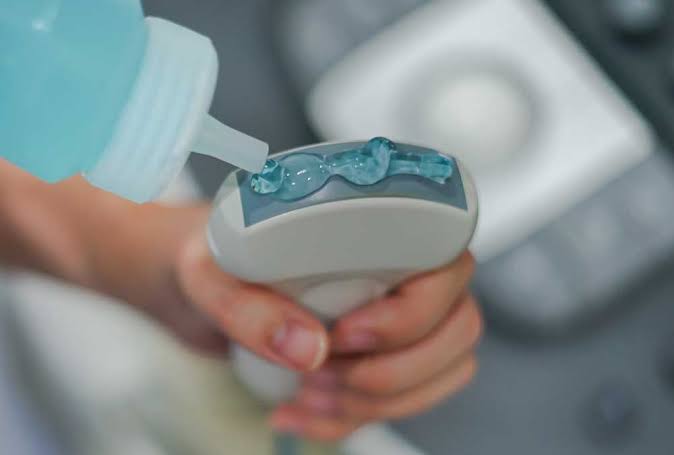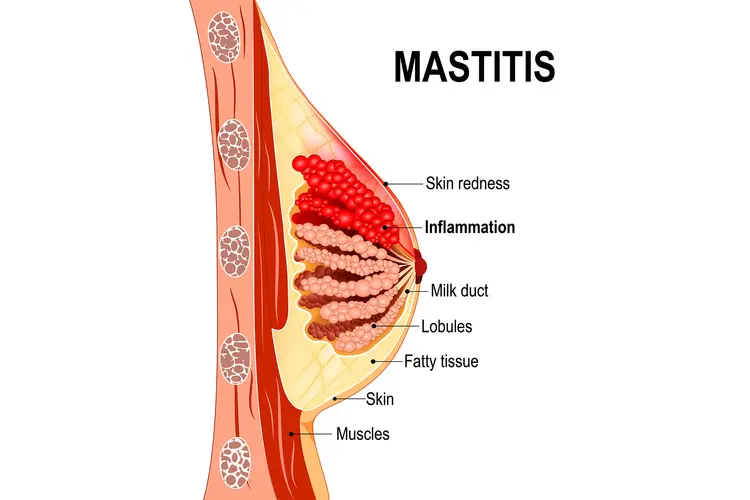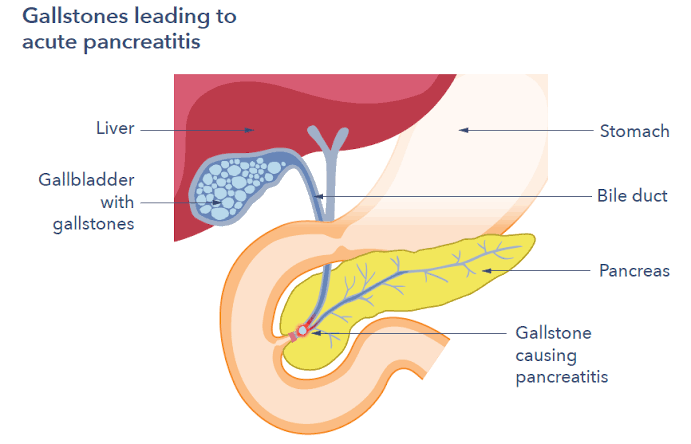
Causes of Acute Pancreatitis
Acute pancreatitis is an inflammatory condition of the pancreas that can arise from various causes. The most common causes include:
- Gallstones: These are solid particles that form in the gallbladder and can obstruct the pancreatic duct, leading to inflammation.
- Chronic and Excessive Alcohol Consumption: Heavy drinking can cause inflammation and damage to the pancreas over time.
- Medications: Certain drugs, such as corticosteroids, diuretics, and some antibiotics, may induce acute pancreatitis.
- Hypertriglyceridemia: Elevated levels of triglycerides in the blood can lead to inflammation of the pancreas.
- Abdominal Trauma: Physical injury to the abdomen can result in damage to the pancreas.
- Infections: Viral infections (e.g., mumps, coxsackievirus) can trigger acute pancreatitis.
- Autoimmune Conditions: Autoimmune pancreatitis is a rare form where the body’s immune system attacks pancreatic tissue.
- Pancreatic Duct Obstruction: Tumors or strictures in the pancreatic duct can lead to inflammation.
- Genetic Factors: Certain genetic mutations may predispose individuals to develop pancreatitis.
Pertinent History for Acute Pancreatitis
When assessing a patient suspected of having acute pancreatitis, it is essential to gather a detailed history that includes:
- Chief Complaint: Severe abdominal pain, often described as sharp or stabbing, typically located in the upper abdomen and may radiate to the back.
- Onset and Duration of Symptoms: Sudden onset of pain that has persisted for hours or days.
- Associated Symptoms: Nausea, vomiting, fever, jaundice (yellowing of skin/eyes), and changes in bowel habits (e.g., steatorrhea).
- Alcohol Consumption History: Quantity and frequency of alcohol intake; any recent binge drinking episodes.
- Past Medical History: Previous episodes of pancreatitis, gallbladder disease, diabetes mellitus, or hyperlipidemia.
- Medication Use: Any recent medications taken that could contribute to pancreatitis.
- Family History: Any family history of pancreatic diseases or genetic disorders.
Based on this information and clinical findings (such as elevated serum amylase/lipase levels), a working diagnosis of acute pancreatitis can be established.
Management Plan for Acute Pancreatitis
The management plan for a patient suffering from acute pancreatitis typically involves several key components:
- Initial Assessment and Stabilization
- Monitor vital signs closely (heart rate, blood pressure, respiratory rate).
- Establish intravenous access for fluid resuscitation with isotonic fluids (e.g., normal saline).
- Nutritional Support
- Withhold oral intake initially (NPO status) until symptoms improve.
- Gradually reintroduce oral feeding with a low-fat diet once pain subsides.
- Pain Management
- Administer analgesics such as opioids for severe pain control.
- Treat Underlying Causes
- If gallstones are identified as a cause, consider endoscopic retrograde cholangiopancreatography (ERCP) for stone removal if indicated.
- Manage hyperlipidemia if triglyceride levels are elevated.
- Monitoring Complications
- Regularly assess for potential complications such as pseudocyst formation or necrotizing pancreatitis through imaging studies like ultrasound or CT scan.
- Surgical Intervention
- Surgical options may be considered if there are complications such as abscesses or necrosis that do not respond to conservative management.
Patient Counseling on Management Plan
When counseling a patient suffering from acute pancreatitis about their management plan:
- Explain the nature of their condition clearly—acute pancreatitis is an inflammatory process that requires careful monitoring and treatment.
- Discuss the importance of abstaining from food initially to allow the pancreas time to heal; reassure them that they will gradually resume eating once their symptoms improve.
- Emphasize adherence to prescribed medications for pain management and any other treatments aimed at addressing underlying causes (e.g., lipid-lowering agents).
- If surgical options are being considered:
- Justify these interventions by explaining that surgery may be necessary if there are complications like infected necrosis or persistent obstruction due to gallstones which cannot be managed conservatively.
- Discuss potential benefits versus risks associated with surgery.
In conclusion, managing acute pancreatitis involves a comprehensive approach focusing on stabilization, symptom relief, addressing underlying causes, monitoring for complications, and considering surgical intervention when necessary.

